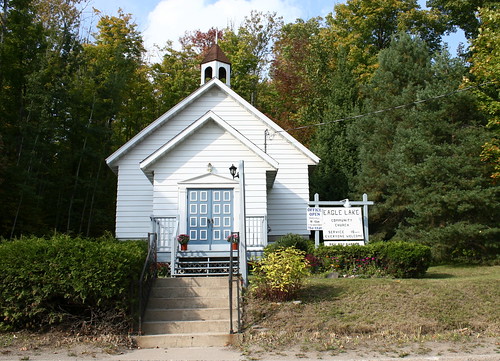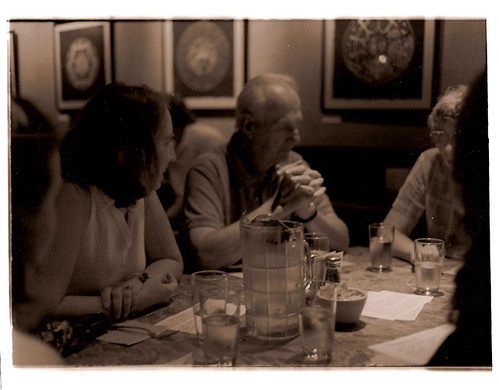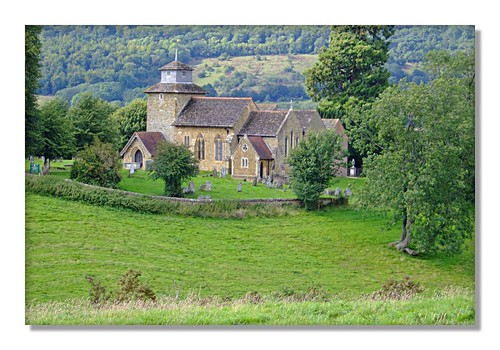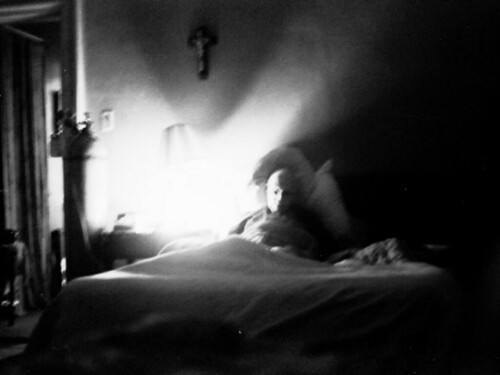THe Countrey Parson is sincere and upright in all his relations. And first, he is just to his Countrey; as when he is set at an armour, or horse, he borrowes them not to serve the turne, nor provides slight, and unusefull, but such as are every way fitting to do his Countrey true and laudable service, when occasion requires. To do otherwise, is deceit; and therefore not for him, who is hearty, and true in all his wayes, as being the servant of him, in whom there was no guile. Likewise in any other Countrey-duty, he considers what is the end of any Command, and then he suits things faithfully according to that end. Secondly, he carryes himself very respectively, as to all the Fathers of the Church, so especially to his Diocesan, honouring him both in word, and behaviour, and resorting unto him in any difficulty, either in his studies or in his Parish. He observes Visitations, and being there, makes due use of them, as of Clergy councels, for the benefit of the Diocese. And therefore before he comes, having observed some defects in the Ministry, he then either in Sermon, if he preach, or at some other time of the day, propounds among his Brethren what were fitting to be done. Thirdly, he keeps good Correspondence with all the neighbouring Pastours round about him, performing for them any Ministeriall office, which is not to the prejudice of his own Parish. Likewise he welcomes to his house any Minister, how poor or mean soever, with as joyfull a countenance, as if he were to entertain some great Lord. Fourthly, he fulfills the duty, and debt of neighbourhood to all the Parishes which are neer him. For the Apostles rule Philip. 4.[8] being admirable, and large, that we should do whatsoever things are honest, or just, or pure, or lovely, or of good report, if there be any vertue, or any praise, and Neighbourhood being ever reputed, even among the Heathen, as an obligation to do good, rather then to those that are further, where things are otherwise equall, therefore he satisfies this duty also. Especily, if God have sent any calamity either by fire, or famine, to any neighbouring Parish, then he expects no Briefe; but taking his Parish together the next Sunday, or holy-day, and exposing to them the uncertainty of humane affairs, none knowing whose turne may be next, and then when he hath affrighted them with this, exposing the obligation of Charity, and Neighbour-hood, he first gives himself liberally, and then incites them to give; making together a summe either to be sent, or, which were more comfortable, all together choosing some fitt day to carry it themselves, and cheere the Afflicted. So, if any neighbouring village be overburdened with poore, and his owne lesse charged, hee findes some way of releeving it, and reducing the Manna, and bread of Charity to some equality, representing to his people, that the Blessing of God to them ought to make them the more charitable, and not the lesse, lest he cast their neighbours poverty on them also.

We are not alone, as Christians, as Citizens or in whatever vocation we have been called to. Although I don’t understand the specifics Herbert is referring to in part of this chapter (did Country Parsons take up arms in time of war?) it is obvious that Herbert is having us consider our obligations and responsibilities to, as well as our assistance and benefits from the network of relations we have. It would be good for us to consider what we owe to our country and community, as well as our fellow pastors and to all the baptized. How would our communities benefit if ministers, regardless of denomination were to welcome one another as a ‘great Lord’ instead of gossip about ‘those’ churches. Or think of the benefit smaller congregations would gain if larger churches with more resources and wealth were to be charitable as to a neighbour as Herbert suggests. Herbert has a good message for us modern American churches who think very much of our individual lives and individual congregations.
(Image is Eagle Lake Community Church by Vitoden)







